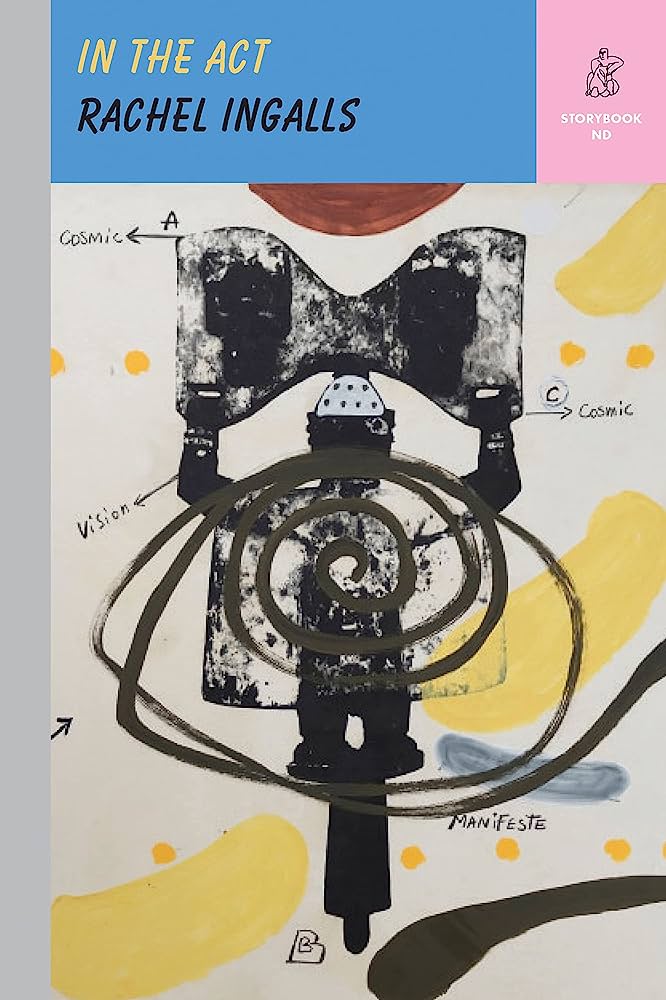As long as Helen was attending her adult education classes twice a week, everything worked out fine: Edgar could have a completely quiet house for his work, or his thinking, or whatever it was. But when the lease on the school’s building ran out, all the courses would end—the flower arranging, the intermediate French and beginning Italian, the judo, oil painting and transcendental meditation.
She told Edgar well in advance. He nodded. She repeated the information, just in case. He said, “Mm.” Over the next two weeks she mentioned the school closure at least three times. And, after she and her classmates had had their farewell party, she told him all about that, adding, “So, I’ll be at home next week. And the week after that. And so on.”
“Home?” Edgar said. “What about your adult education things?”
She went over the whole history one more time. At last he was listening. He looked straight at her and said, “Oh. That means you’ll have to find something else to occupy yourself with on those afternoons.”
“I suppose so. I might stay home and paint here.”
“I’ll be busy up in the lab.”
“I could make a kind of studio down in the cellar.”
“I’ll be working. I need absolute peace and quiet.”
“Well, painting isn’t very loud.”
“Helen,” he said, “I’d like to have the house to myself.”
She never got angry with him anymore; that is, she’d discovered that it did no good: he’d just look at her coldly as if she were exhibiting distressing habits usually encountered only among the lower species. Raising her voice—when she’d been driven to it—produced the same reaction from him. She’d learned to be argumentative in a fudgy, forgiving drone she’d found effective with the children: enough of that sound and the boredom level rose to a point where people would agree to anything. Edgar had a matching special tone for private quarrels: knowing, didactic, often sarcastic or hectoring. Whenever he used it outside the house, it made him disliked. It was a good voice for winning arguments by making other people hysterical. His hearing seemed to block off when it started.
She said, “If you’d like the house to yourself, you can have it. Maybe you wouldn’t mind fixing some supper for us while you’re here. That way, I’d have something to look forward to, soon as I get in from walking around the block five thousand times.”
“There’s no need for that.”
“OK, you can take me out. Twice a week. That’ll be nice. We could see a lot of new movies in just a month.”
“You’re being unreasonable.”
“Of course I am. I’m a woman,” she said. “You’ve already explained that to me.”
“Let’s not get into that.”
“Why not? If I’m not even allowed to paint downstairs somewhere for two afternoons a week? I never come up to the attic, do I?”
“You’re always tapping on the door, asking me if I want a cup of coffee.”
“Only that once.”
“It was a crucial moment.”
“Well, now you’ve got your thermos bottle and everything, you’re all set up there.”
“You came up other times.”
“That big noise—explosion, whatever it was: of course I did. I was worried. You could burn the house down.”
“I think this is time number fourteen for telling you that the experiments are not dangerous.”
“Fourteen? I’m sure that must be right. You keep track of things like that so well. Each time I conceived, it was a positive miracle of timing. I can remember you crossing off the days on the calendar.”
“You’re trying to sidetrack me.”
“I’m trying to get you to allow me to stay in my own house.”
“I really do need complete freedom to work. It simply isn’t the same when somebody else is in the house. Even if you didn’t try to interrupt me again.”
“The only other time I knocked on the door was when there was all the screaming.”
“I told you,” Edgar said. “I got the volume too high.”
“It sounded like real people.”
“It was a tape.”
“For heaven’s sake, Edgar—where can I go?”
“See some friends? Look around a museum or two. Find another one of those adult education places.”
All at once she felt hurt. She didn’t want to argue anymore, even if there was a hope of winning. She was ready to walk out and tramp up and down the streets like a child running away. She said, “I’ll try,” and went into the living room. She walked around the corner, into the alcove where the desk was. She sat down in the plump, floral-patterned chair, put her knees up and curled into a ball. She heard his feet going up the stairs, then up the next flight to the attic. He wouldn’t be wondering whether he’d made her miserable. He’d be getting out the keys to unlock the attic door, which he kept locked all the time, and if he was inside, bolted too. He’d be sighing with pleasure at the prospect of getting back to his experiment. Of course he was right: she’d have to find something to do with her time. But just for a few minutes, she’d stay in the flowered chair, with her arm over her eyes.
__________________________________
Excerpt from IN THE ACT by Rachel Ingalls, copyright © 1987 by Rachel Ingalls. Used with permission from New Directions Publishing Corp.













